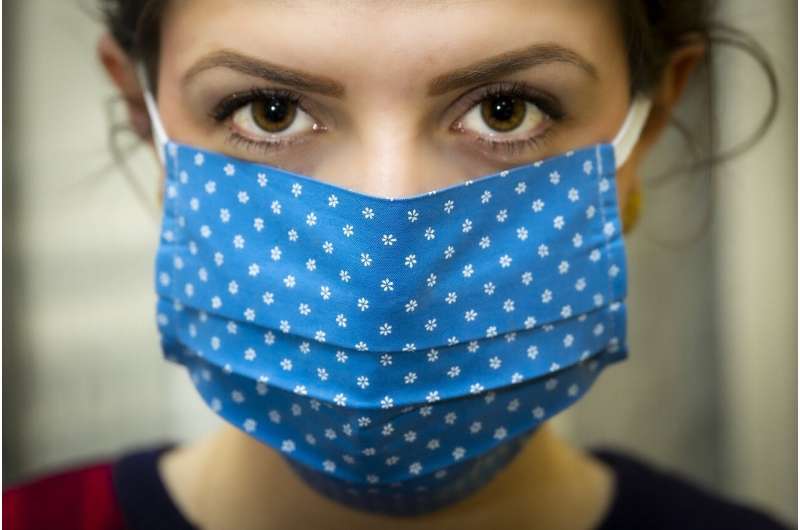
The omicron subvariant BA.2 is causing a new tide of COVID-19 cases in the United States and regions abroad. Meanwhile the effort to vaccinate 70% of global populations reportedly is losing momentum.
In our shared new normal, hospitals worldwide likely will continue to treat patients with SARS-CoV-2 for the foreseeable future, and need medications whose supply can tighten dramatically during surges.
To ensure that medication shortages do not always fall on low- and middle-income countries, governments and public health organizations should commit to a collective solidarity and to sharing resources more than ever before, says Nancy Jecker, bioethicist at the University of Washington School of Medicine and Fulbright U.S. Scholar for South Africa.
Jecker has published several analyses of ethical aspects of COVID-19, the newest of which appears today in the journal Bioethics. The paper’s co-author is Caesar Atuire, a health ethicist at the University of Ghana.
“The paper focuses on what we think is the fairest way to allocate COVID-19 therapies in the face of shortages at the local, national and global levels,” Jecker said. “It’s inevitable that we need to learn to live with the novel coronavirus, and that means having a plan for when medicine shortages emerge.”
She said such a plan should be founded in global ethics of solidarity and equity rather than principles of autonomy and utility that have historically guided nations’ responses to public health threats.
“We’ll increasingly face issues that are global in scope—more zoonoses and emerging infectious diseases. Solidarity must become an essential feature of public health ethics because contagions that morph and spread with ease make all of us, vaccinated or not, vulnerable,” Jecker said.
The paper argues that population groups with the greatest risk of severe disease and death should be prioritized when COVID-19 medications become scarce. Jecker cited data from the Centers for Disease Control and Prevention identifying the sharply higher risk faced by people 65 and older.
“Humanity has special duties to the least advantaged. We need health equity to be foundational to the allocation of medicines and consider every person as worthy of receiving a scarce resource that might keep them well. We’re ought not to leave whole swaths of humanity out because they have a somewhat lower chance of surviving or thriving, post-procedure,” she said.
Prioritizing medical treatments for people at greatest risk stands in opposition to long-held conventions of medical triage, which prioritize patients who have a better evidence-based chance of survival and higher health-related quality of life.
Jecker pointed out that such a utilitarian mindset unfairly impacts people whose lives are socially disadvantaged beyond their immediate acute health need.
“A strict utilitarian allocation of COVID-19 treatments would select younger, healthier, more able-bodied patients who probably also are more likely to be well-to-do and white. Is that fair? This has been standard, but it’s increasingly being called into question.”
Recent developments such as Moderna’s promise to never enforce COVID-19 vaccine patents hint at a shift afoot among major stakeholders to support more global- and equity-conscious models of disease prevention.
“There is a conversation underway right now at the (United Nations) for an international treaty on pandemic preparedness and response by 2024. There is a timeline and a working draft, and a progress report will be presented to the World Health Assembly next year,” Jecker said.
A treaty is valuable because it’s easier to get governments and organizations on board a public health framework that appeals to international law and justice rather than goodwill and charity, she added. Jecker cited a precedent for applying international law to health: the World Health Organization’s Convention on Tobacco Control.
Source: Read Full Article
